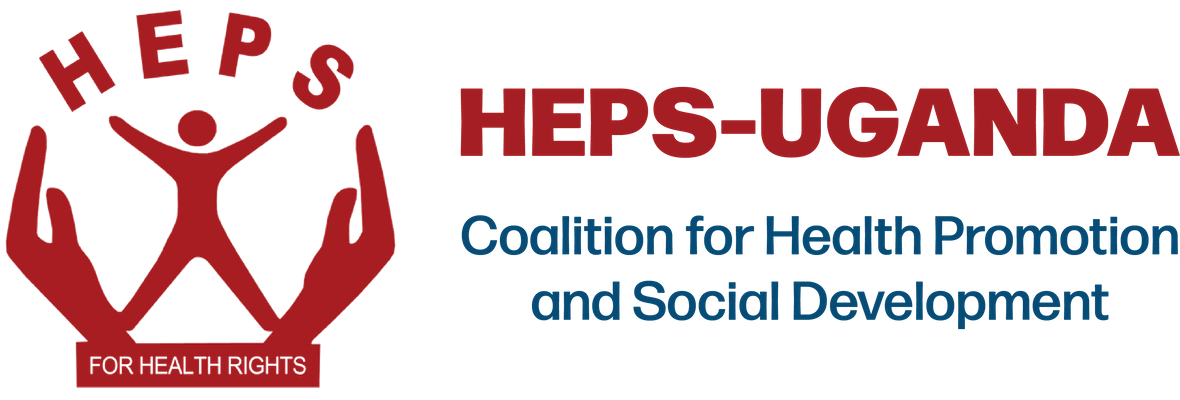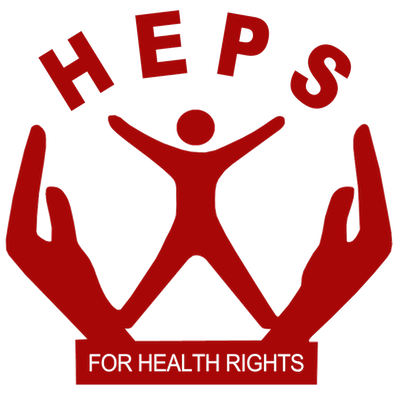At least 92% of health workers in public health facilities have not received any training on management and treatment of snakebites. This is according to a survey conducted between October 2017 and March 2018 by Coalition for Health Promotion and Social Development (HEPS-Uganda) and Health Action International (HAI).
The survey was conducted in 144 public health facilities and results show that 593 snakebites cases were recorded during this period while only 4% of the facilities stock antivenom at the moment.
Anthony Ssebagereka, the HEPS-Uganda Survey Manager while presenting the survey results in Kampala, however, noted that the total number of snakebite cases as well as deaths recorded in Uganda on an annual basis remains unknown as no research has been conducted and 70 percent of the same is estimated to go unreported.
Sophie von Bernus said that globally there are up to 2.7 million envenoming every year which causes 400,000 disabilities and between 81,000–138,000 deaths but up to 70% of the cases go unreported as victims seek treatment from traditional healers.
“Snakebites mostly affect the impoverished rural communities with little access to effective treatment. Antivenom is very costly up to UGX 800,000 per vial and sometimes not effective as it is region and snake-specific,” she said
Jimmy Awany an official from Uganda Wildlife Education Center noted that there is a need for the government to set up a venom milking center to avoid importation as this is very costly and thus limiting access by snakebite victims.
Moses Lyagoba, the Assistant District Health Officer in Kamuli district said that there is a need for training the health workers about snakebite management. He also urged for sensitization of the public on the need to go to health facilities in case they are bitten by snakes.
“Kamuli district in the last financial year purchased anti-venoms worth 10 million shillings but the drugS expired before getting a single victim to treat. The people need to be told about seeking medical treatment in case of a snakebite instead of resorting to traditional healers,” he said
Robinah Kaitiritimba, the Executive Director of Uganda National Health Consumers’ Organization (UNHCO) said that there are wide knowledge gap and myths about snake bites which need to be handled. She said that many people run to traditional healers for treatment instead of seeking medical attention from the health facilities.
Thomas Obua, from Pharmacy Department, MoH said that pharmacy department is committed to working with civil society to ensure that the right antivenom is supplied in areas that are affected. “But for now we are buying anti-venoms from the emergency fund,” he said.
Egumah Pie a Vector Control Officer MoH and liaison person for snakebites noted that the ministry of health needs to develop a working document to guide stakeholders on snakebite management.
He also said that the vector control division will work with the pharmacy department and other stakeholders to ensure that quality antivenoms are procured and distributed to the right areas.
In May 2017 at the World Health Assembly, snakebites were categorized as category A neglected tropical disease urging member states to prioritize venomous snakebites following.







